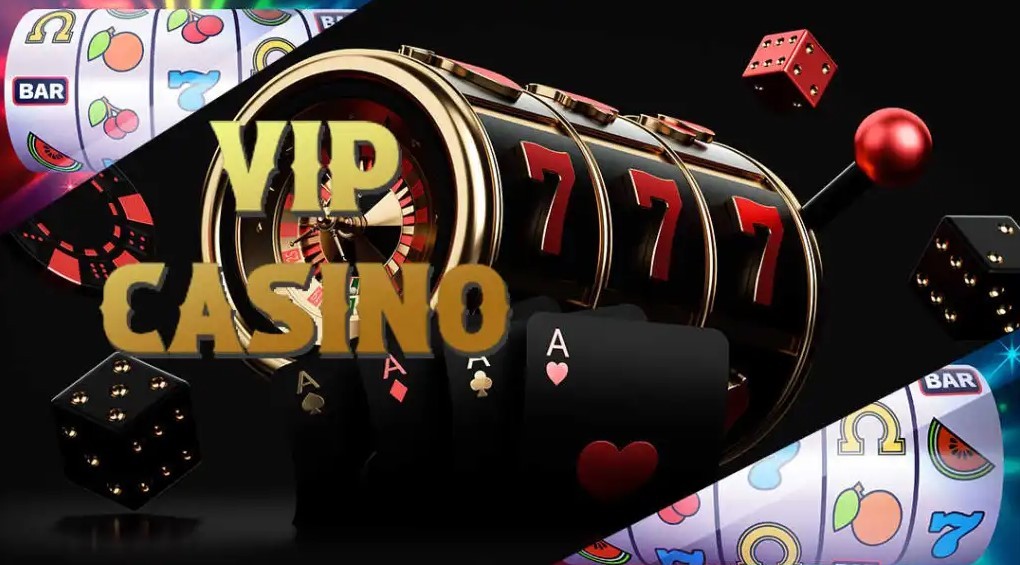
When we think of casino games, the initial pictures that often come to mind are those of spinning wheel wheels, card chips clattering on felt tables, and cubes flying across a betting surface. While many view these activities as mere hobbies fueled by chance, a more profound exploration reveals a fascinating blend of strategy, skill, and community engagement that elevates them well beyond basic chance. Whether you are a seasoned player or a curious newcomer, understanding the subtleties of these games can significantly enhance your enjoyment and appreciation.
Casino activities have evolved over hundreds of years, with different cultures contributing to their diverse histories and variations. From the intricate strategies of blackjack to the bluffing tactics in card games, players engage in a contest of wits as much as a gamble on numbers. This dynamic interplay between chance and skill creates a thrilling atmosphere that draws countless people to gambling establishments worldwide. As we delve into the realm of table activities, we will reveal the methods that can tilt the odds in your favor and the social elements that make these games a favored choice for leisure and engagement.
The Approach of Table Games
Casino gaming often combine a mix of skill and chance, making them intriguing for players who enjoy a challenge. Every game has their own set of guidelines and tactics that can affect the results. For instance, in titles like 21, participants are obliged to use strategies like card counting and understanding the odds to make smart decisions. This skill set can greatly improve the winning potential, distinguishing seasoned participants from beginners who may rely solely on chance.
In contrast, games such as roulette may seem to be entirely based on chance, but strategic thinking can also come into the equation. Players can choose between different wagering tactics, such as the Martingale system, where they increase the bets after losses. This approach can establish a more methodical way to the activity. Understanding the odds of specific wagers can also help participants make better decisions on the table, demonstrating that even in games of chance, strategy can enhance the experience.
Additionally, the game of poker stands out as a title that strongly focuses on tactics. Unlike most casino titles, poker merges ability, mental acuity, and luck. Players must not only focus on the cards they are dealt but also take into account their opponents actions and wagering patterns. Mastering principles like position, the odds of the pot, and reading bluffs is crucial for success. This depth of strategy in poker often creates to a more engaging experience for participants, as the choices and skills greatly impact the match’s results.
Grasping Likelihood and Ratios
In the world of gambling games, likelihood and odds hold a crucial role in determining a player’s potential outcomes. Every activity has its own set of principles that define how the probability of succeeding or failing is measured. For instance, in matches like 21, participants have a opportunity to modify their ratios through strategy, whereas in games like the wheel, the outcomes are entirely governed by luck. Grasping how these chances are measured can greatly affect how a player tackles the game.
Odds are typically expressed in two formats: fractional and numeric. Ratio odds show the ratio of the sum won to the sum staked, whereas decimal odds show the overall payout for a winning bet, including the stake. meilleur casino en ligne france For instance, if a game has odds of 5 to 1, this means that for every one unit staked, a player could win five dollars if successful. Knowing how to understand these odds allows players to evaluate their potential winnings and formulate more informed decisions during gameplay.
Players should also be aware of the casino advantage, which is the casino’s inherent advantage over the players. Each game has a different advantage, and comprehending this concept is important for managing one’s expectations and bankroll. Activities with a lower house edge, such as 21 and baccarat, typically offer superior ratios for gamblers compared to games like slot machines and lottery. By acknowledging the relationship between chance, odds, and the house edge, players can enhance their gambling engagement and strategize more efficiently.
The Aspect of Table Gaming
Casino games at gaming establishments are often seen as a hub of community engagement, drawing participants together in a shared experience that goes far beyond the mere act of gambling. The atmosphere at a blackjack table can be vibrant, with players engaging not only with the game itself but also with one another. Laughter, excitement, and, occasionally, playful teasing create connections that enhance the overall experience of the gaming experience. This communal aspect can turn a solitary endeavor into a dynamic social event, making casino games particularly enticing.
One of the fascinating elements of gaming at tables is the way it cultivates camaraderie among players. Whether it’s collaborating to beat the dealer at a craps table or sharing stories between hands in a card game, the environment encourages interaction. Players often share tips or strategies, creating a sense of togetherness that enhances the fun. This interpersonal atmosphere can make new gamblers feel included and less daunted by the competitive nature of gaming. As the game continues, friendships may form, leading to a sense of connection that keeps players returning to the table.
Moreover, the social aspect of table gaming extends beyond just the participants. Casino staff play a crucial role in encouraging interaction and maintaining the flow of the game. Their ability to engage players with friendly conversation and their expertise in managing the table can create an inviting atmosphere. This relationship between participants and staff adds another layer of enjoyment, where players feel connected not only to each other but also to the staff. Such interactions are often what make the experience memorable, as players leave with tales to tell and relationships made, reinforcing the notion that gaming at tables are truly about something greater than luck.